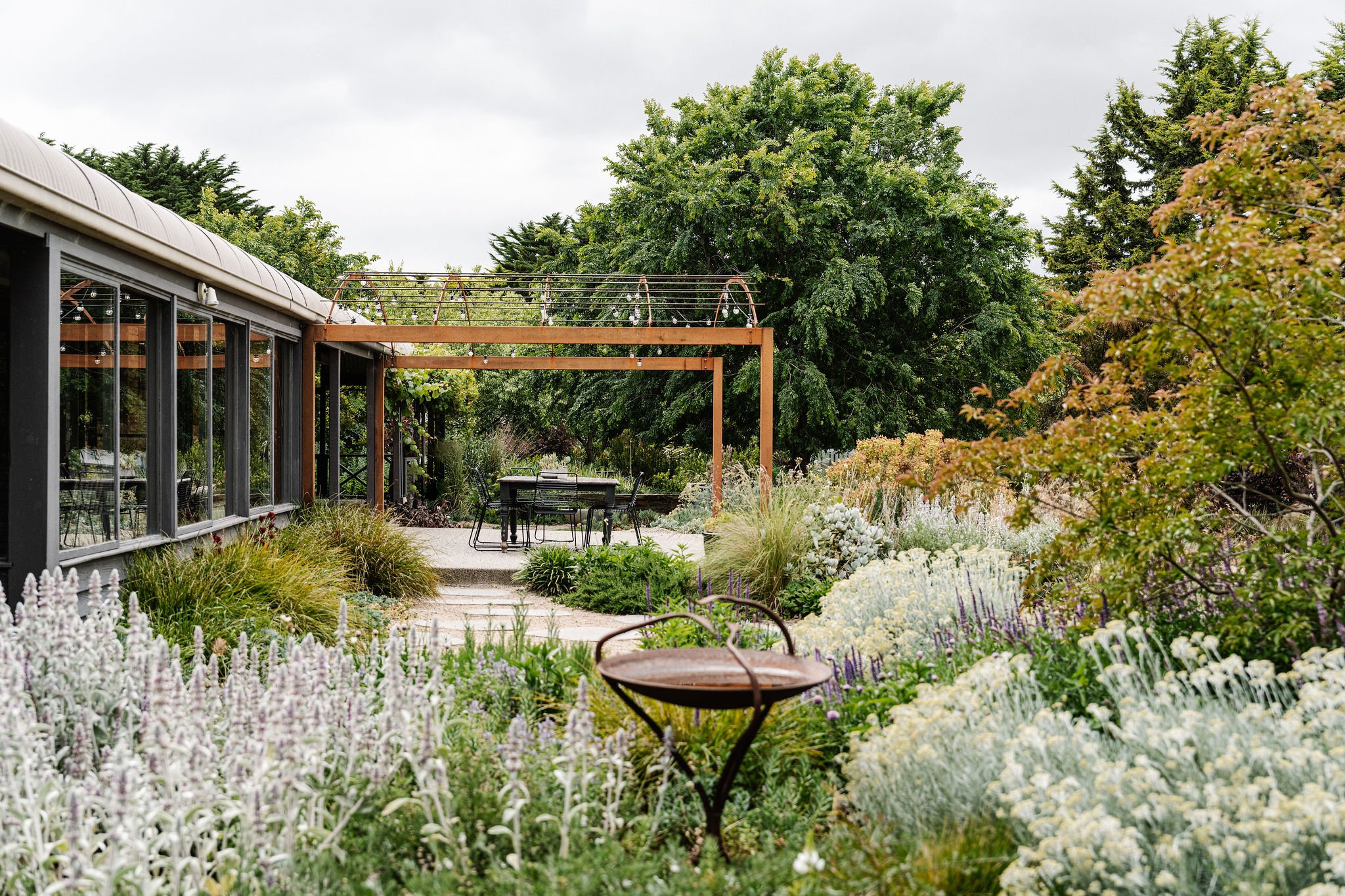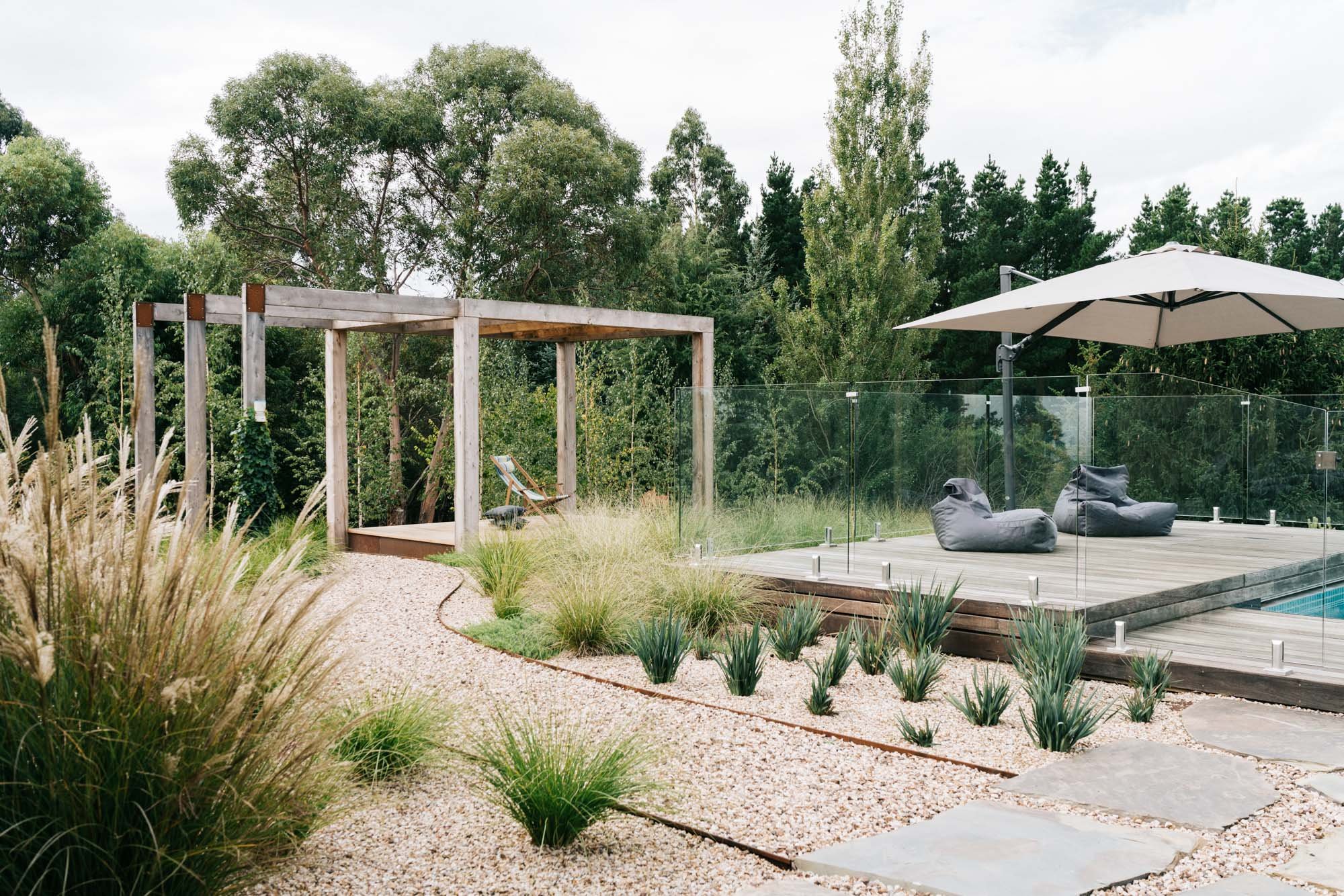online-courses
Tips for Sustainable Gardening

In this guide, we'll delve into Tips for Sustainable Gardening, exploring eco-friendly practices that not only nurture your plants but also contribute to the well-being of our planet.
From water conservation techniques and organic fertilisation to biodiversity promotion and waste reduction, these tips aim to empower you with the knowledge and tools to create a garden that thrives in harmony with nature.
Why is Sustainable Gardening Important?
Before we dig into the dirt, let's explore the "why" behind this eco-friendly approach. Sustainable gardening isn't just about trendy hashtags, it's about minimising our environmental footprint while maximising the health and wellbeing of our gardens.
-
Preserve Precious Resources: We all rely on a finite supply of water, soil nutrients, and clean air. Sustainable practices like rainwater harvesting and organic composting help us utilise these resources responsibly, leaving more for future generations.
-
Foster Biodiversity: Chemical-free gardens become thriving havens for pollinators, beneficial insects, and native wildlife. This biodiversity creates a balanced ecosystem that naturally keeps pests at bay and strengthens the resilience of your entire landscape.
-
Grow Healthier Food: Ditch the toxic fertilisers and artificial pesticides! Sustainable gardens yield nutrient-rich fruits and vegetables bursting with flavour and free from harmful chemicals.
-
Connect with Nature: Composting, hand-weeding, and observing the delicate dance of life in your garden deepen your connection to the natural world, fostering a sense of peace and wonder.
Plant with Purpose
Embrace native species adapted to your local climate for minimal care, attract pollinators with a diverse range of flowering plants, and save money by starting seeds indoors or directly in the soil, avoiding plastic plant pots
Nurture Your Soil Naturally
Convert kitchen scraps and yard waste into nutrient-rich compost, use organic mulch for soil insulation and weed suppression, and avoid chemical fertilizers and pesticides to protect beneficial insects and prevent soil and water pollution.
Water Wisely
Collect rainwater with barrels for plant nourishment, replace wasteful sprinklers with drip irrigation or hand-watering at plant bases, and embrace xeriscaping techniques, especially in dry climates, using drought-tolerant plants and rainwater capture for a water-efficient garden.
Create Wildlife Garden
Build bee hotels with natural materials, plant nectar-rich flowers, create a pond and nesting boxes for diverse garden creatures, and upcycle by using old objects like broken pots, tires, or scrap metal for functional and artistic elements in your garden. I love to position a bird bath outside a window to encourage small birds, bees and butterflies close to the house.
Conclusion
Remember, every small step counts!
Whether you're a seasoned gardener or a beginner garden enthusiast, incorporating even a few of these sustainable practices can make a world of difference. So, grab your gardening gloves, get creative and cultivate a haven that nourishes your soul and sustains our planet.
Leave a comment
Comments will be approved before showing up.
Some Garden Design Inspiration For You




Follow me on Pinterest
To find more Garden Landscape Design inspiration, follow me on Pinterest by clicking the button below.
Follow Me on Pinterest Here








